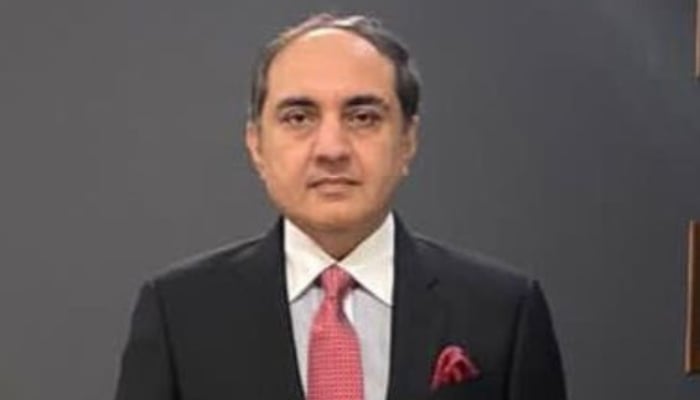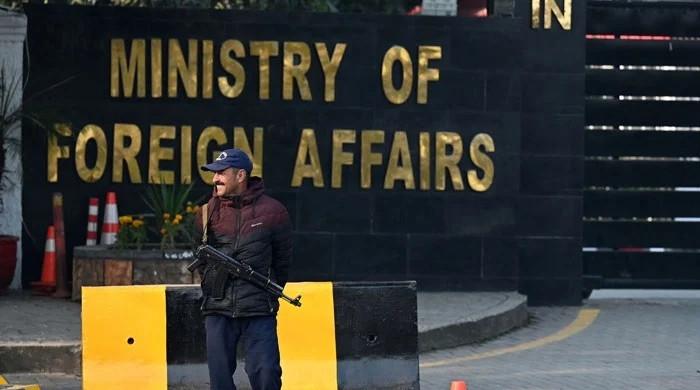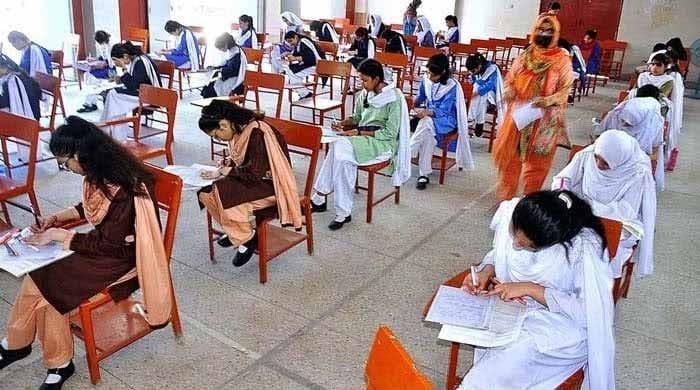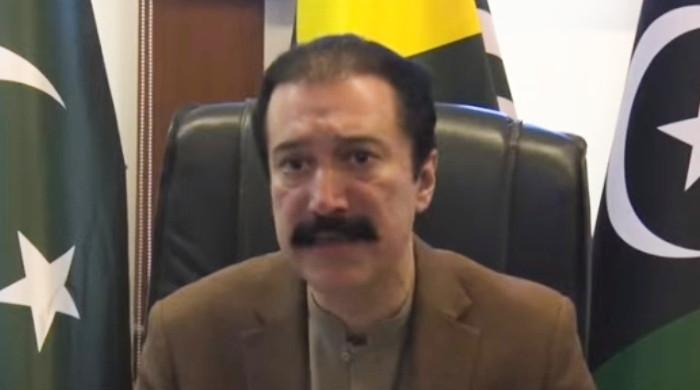Muhammad Waseem appointed Sindh Public Service Commission chairperson
Muhammad Waseem is a 22nd-grade retired officer of Ex-PCS
July 21, 2022

- Muhammad Waseem is a retired officer of Ex-PCS of 22nd grade.
- "The pay, allowances and pre-requisites of the chairperson shall be notified separately," per notification.
- Waseem served Government of Sindh for over three decades.
The Sindh Government Thursday appointed Muhammad Waseem, a retired officer of Ex-PCS of 22nd grade, as the chairperson of the Sindh Public Service Commission with immediate effect.
The notification issued by the Government of Sindh Services, Administration and Coordination Department said that Waseem has been appointed as the chairperson with the governor's approval.
"The pay, allowances and pre-requisites of the chairperson shall be notified separately," read the notification issued.
Waseem served the Government of Sindh for over three decades. He has a Master of Arts in Economics (with a specialisation in Development Economics) from the University of Karachi, a Master of Business Administration degree (with a major in Finance) from the Institute of Business Administration and a Bachelor’s Degree in Law from the University of Karachi.
At his superannuation, Waseem was serving in Grade-22 as chairperson, Planning and Development Board, Government of Sindh.
Waseem served as acting chief secretary, Sindh, additional chief secretary (Dev) in the Planning and Development Department, a senior member in the Board of Revenue, Sindh and Secretary of Home, Services, General Administration and Coordination, Transport and Mass Transit, and Forest and Wildlife Departments.
Besides, he acquired international working experience during his stint as a counsellor, community welfare and labour in the Consulate General of Pakistan, Dubai, UAE.
He has also attended executive training courses at London School of Economics and Political Science on “Negotiation”, Cambridge Judge Business School on “People and Organizational Effectiveness”, and Harvard Kennedy School on “Emerging Leaders”.









